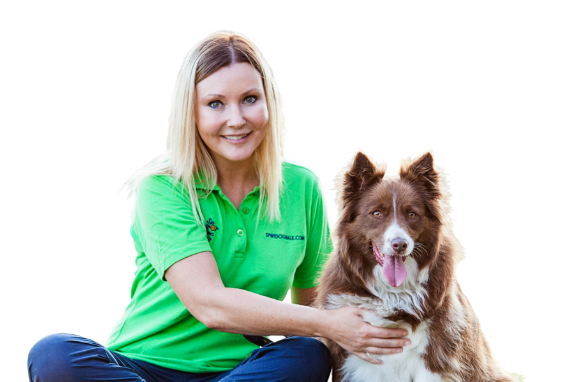Six tips for caring for your older dog
The signs that your pet is getting older can creep up slowly. Gray hairs may start to spring up in your pet’s muzzle, or, the pet who loved chasing birds suddenly loses interest. It can be hard to accept that the puppy who once had boundless energy has become a senior dog who snoozes the day away.
As you notice these changes, be aware of actions you can take to improve your older pet’s health, make them more comfortable and cope with some of the challenges of living with them.
Here are 6 Ideas for enjoying your pet’s later years:
- Write down any differences in behavior or sleeping and eating patterns. This can help you and your vet identify age-related issues that your dogs can’t tell you about because they don’t speak a human language. A dog who walks more slowly may be experiencing arthritis, for example. Note changes such as lumps under the skin. Then, bring them up with your vet at the next visit.
- Visit your vet more often. Your older dog may need to see the doctor at least twice a year to monitor changes.
- Make sure they continue to get enough exercise. Just like people, dogs need to move to stay healthy. Your dog may be slower, but as long as he is interested in going for a stroll, put that leash on and head outdoors.
- Consider ways to make your dog more comfortable. Your older pet may need a softer bed, or stairs that can help her get in and out of the car. Hydrotherapy and other treatments can decrease pain for dogs whose joints ache.
- Be patient and creative. Your older pet may have good days and bad days. A difficult behavior, such as a senile dog barking at nothing, may not happen all the time. One owner we know was growing distressed over her older dog’s incontinence when a friend suggested buying a cheap piece of linoleum to put over the wood floors in the home. That made cleanup easy. If you are struggling for solutions, talk to your vet and ask other dog owners how they handled the problem you are having.
- Think about adding fatty acids such as DHA to your dog’s diet. They have been shown to benefit pets with problems such as arthritis, cognitive decline and inflammatory skin disease.
You can’t prevent every problem in your older dog, but you can make her happier and more comfortable by being aware of changes and trying to make sure she is comfortable.



